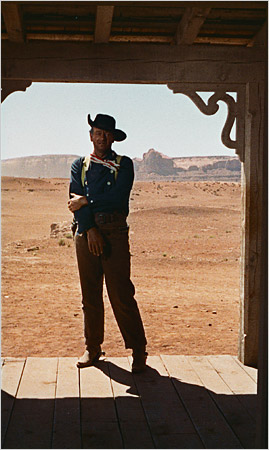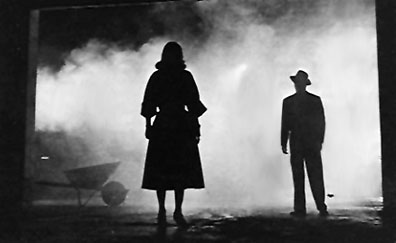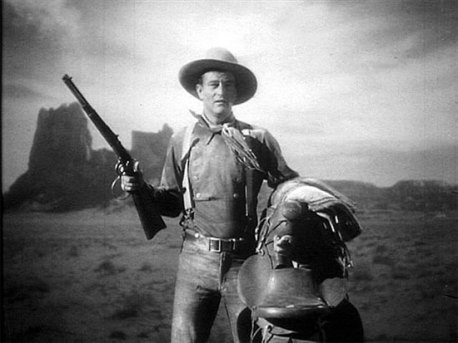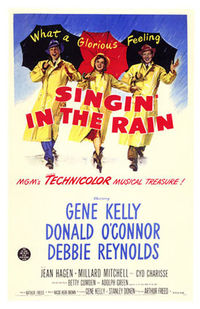
** Notes on Robert Warshow’s – Movie Chronicle : The Westerner
Title indicates that Warshow is more concerned about the westerner – the western hero-, than the genre itself. However, the western is pretty much defined by its hero and the hero, particularly in the western and in action movies, is the driving force of the film.
Warshow compares the hero of the gangster movie to that of the western in order to:
– Show the differences in both
– Discuss the parallel between both men’s use of guns
– Compare their positions as outsiders
– Contrast their melancholy and loneliness
The outcome shows that “the westerner” – the hero at the center of The western is:
1. A figure of repose
2. Sort of a zen character who understands the world and its code (comes as no surprise to us that Seven Samurai inspired The Magnificent Seven – where the samurai code is equivalent to the code of honor of the western hero)
3. His melancholy comes from the simple recognition that life is hard and serious.
4. Although we never see him working we recognize that there are no luxuries in his lifestyle, – that he has a hard life.
5. Love is not on his side in the sense that he is bound to be doomed and cannot settle for love – there tends to be something of a higher power that calls him
6. Usually the territory is lawless and the westerner is due to set precedent with his actions
7. He will protect those who are weak from the perils of the evil that surrounds the landscape and from the harshness of the landscape itself.
Continue reading →




